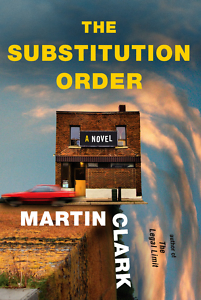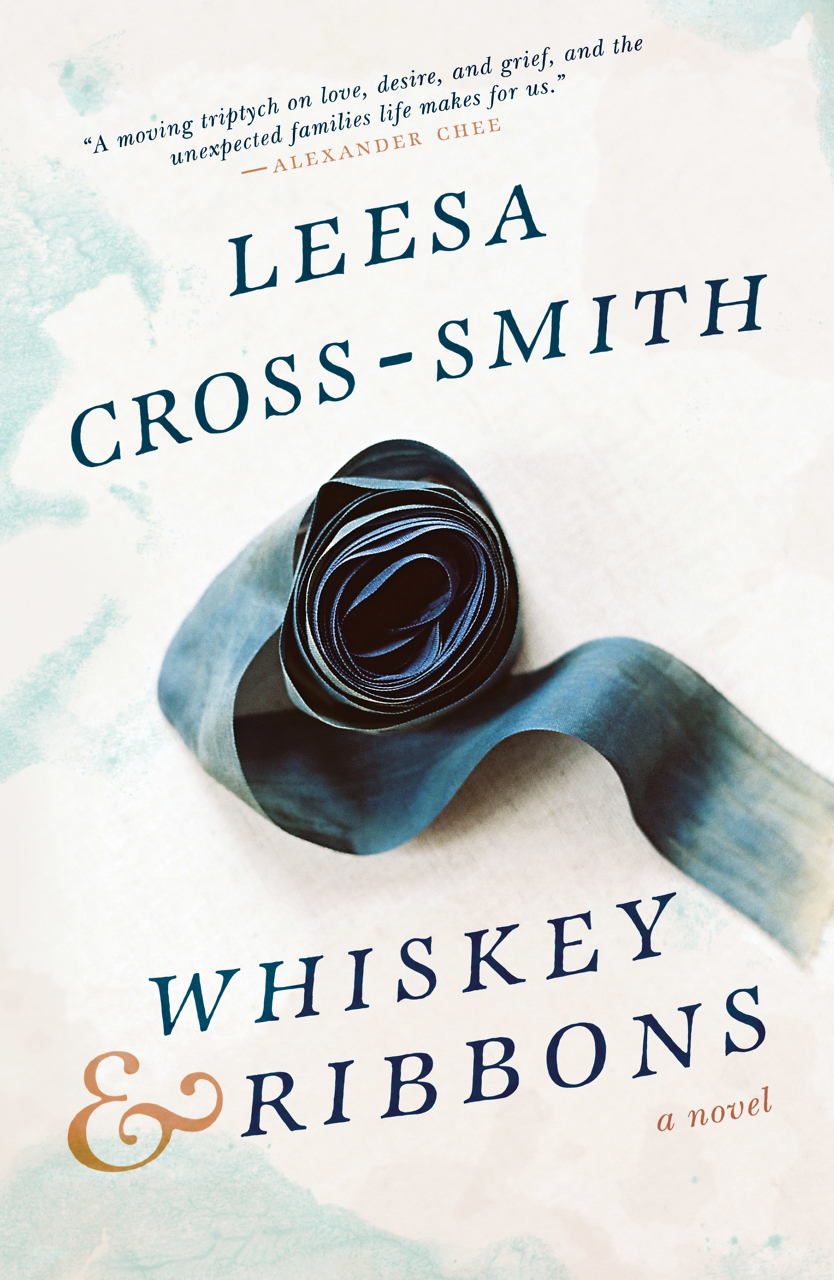Damaged Goods
In Martin Clark’s new legal thriller, The Substitution Order, a fallen Virginia lawyer tries to clear his name
Kevin Moore, the protagonist of Martin Clark’s The Substitution Order, knows he is damaged goods. At 42, he has descended rapidly from a respected place among Virginia lawyers, happily married and financially secure, to making sandwiches in a second-rate shop called SUBstitution and living with charitable friends.

All it took to bring him low was a summer of cocaine addiction, culminating in an arrest for possession while in the trailer of a Roanoke stripper. Forced by his criminal indictment to suspend his law practice for one year, Kevin wants only to stay sober and hope for better days. He quickly discovers that, without the armor of his profession, he is vulnerable to predatory criminals who would use his public disgrace in a scheme to defraud insurance companies.
In a twist on the classic narrative device “a stranger comes to town,” Kevin is visited in the sandwich shop by a mysterious man calling himself Caleb — “my last name is Opportunity” — who offers a win-win proposition. Caleb’s partner will sue Kevin for malpractice, claiming that Kevin’s drug-induced negligence squandered $5 million in a real estate deal. All Kevin has to do is utter “I can’t remember” when asked about his role, and Caleb’s team will kickback to him a six-figure share of the insurance settlement. If Kevin tries to take the ethical high road and refuse this deal, Caleb and his cohort will “have to compromise you,” Caleb says, “ and I hate that.”
Clark jumps right into the novel’s action and gradually fills in the backstory. When Kevin rejects Caleb’s offer, he immediately suffers the consequences. Kevin has underestimated Caleb’s threat and spends the rest of the novel fighting back. Clark pauses the propulsive narrative to describe Kevin’s spiral into addiction, a brief episode that forever tarnishes an otherwise upstanding life.
Clark’s novel explores the presumption of guilt that follows people in Kevin’s position, their fall from grace marking them forever as untrustworthy. Caleb himself makes clear that Kevin’s prospects are dim. “Once the justice system grabs hold of you — for dope, especially — you’re inferior forever,” Caleb says. “The wound leaves a scar. The fine people at the Rotary Club will never fully trust you again.”
 With so many factors arrayed against him, Kevin is fortunate to have a group of loyal friends, including a wealthy cousin and an old law-school buddy, who help save him from destitution and further ignominy. He also receives invaluable assistance from Blaine, a fellow SUBstitution employee and computer wizard whose hacking talents come in handy in the battle against Caleb’s organization. Even Kevin’s beloved ex-wife, Ava, comes to his aid, despite the pain he has caused her.
With so many factors arrayed against him, Kevin is fortunate to have a group of loyal friends, including a wealthy cousin and an old law-school buddy, who help save him from destitution and further ignominy. He also receives invaluable assistance from Blaine, a fellow SUBstitution employee and computer wizard whose hacking talents come in handy in the battle against Caleb’s organization. Even Kevin’s beloved ex-wife, Ava, comes to his aid, despite the pain he has caused her.
To defeat the sophisticated, well-funded conspiracy, Kevin and his team must exploit every possible legal angle, and then hope for a lucky break. Kevin knows better than anyone the obstacles he faces, but he remains confident. “I understand the legal system – it’s my home field,” he tells a friend.
The Substitution Order paints a dark picture of the justice system and of humanity in general. In jail, Kevin surveys his fellow inmates and judges them harshly. “You’d like to believe there’s a core of goodness in them,” Kevin says, “but you’d be dead wrong — these people are too far gone, too counterfeit, too shiftless and ill-equipped.” Clark, a former Virginia circuit court judge, creates a realistic context for Kevin’s struggles, a world where even his own attorneys and best friends doubt his story. They have seen too much to lend credence to the word of a drug addict.
Clark peoples his novel with a cast of fully realized characters who give the story an appealing familiarity. For 350 pages, he makes this corner of Virginia feel as recognizable as home, and the story will have most readers rooting for the good guys as if they were close friends. Like his earlier novels The Legal Limit and The Jezebel Remedy, The Substitution Order contains dozens of moments that linger in memory long after the plot has been resolved.

Sean Kinch grew up in Austin and attended Stanford. He earned a Ph.D. from the University of Texas. He now teaches English at Montgomery Bell Academy in Nashville.


